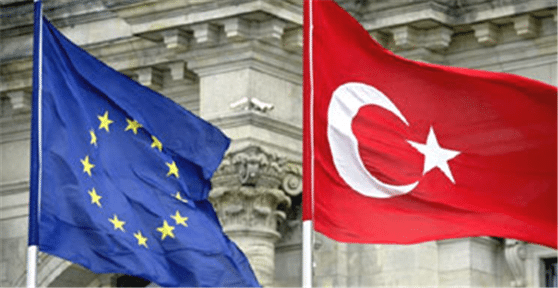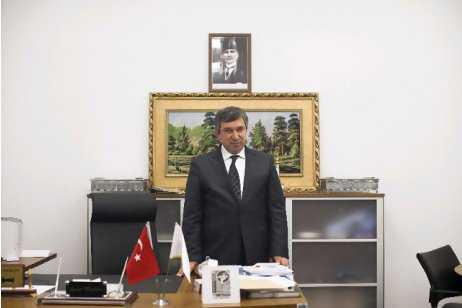(Source: Datamonitor)trackingRetail giant Tesco aims to increase its store base in Turkey by nearly 50% in 2011, a significant rise in its rate of expansion. The move will help Tesco keep pace with its global competitors and capitalize on increasingly favorable market conditions, as well as open doors to potential entry into the Middle East and Africa, making Tesco a truly global retailer.
The world’s second largest retailer, Tesco, is planning to accelerate its expansion in Turkey through its subsidiary Kipa, which it acquired in 2003. The retailer plans to open a further 51 stores in the country in the remainder of 2011, marking a significant increase in the rate of store openings. In the year to February 2011, the network of Kipa stores increased from 105 to 121 stores. By June 2011, 125 Kipa stores were present in the country. As such, Tesco plans to increase its store network by 45.5% in Turkey in 2011.
The proposed store openings include 16 hypermarkets, 25 supermarkets, and 10 Express convenience stores, suggesting that Tesco is attempting to capture a wide breadth of locations and consumer demographics.
Tesco’s sales in Turkey have improved markedly over the last quarter. Like-for-like sales at Kipa stores rose by 3.4% in Q1 2011, following a fall of 2.0% in the previous quarter. Likewise, rival retailer Carrefour’s Turkish operations also fared well in Q1 2011, with sales at constant exchange rates rising by 4.4% to E416m compared to Q1 2010.
Tesco’s improving performance is testament to the favorable trading conditions in the country. GDP per capita has shown consistently strong growth, rising by 6.9% in 2010. Moreover, Turkey benefits from a very young population compared to the rest of the Europe, as well as an increasingly affluent and growing middle class. Consequently, Turkey is in a prime position for continued growth. The grocery market itself remains quite fragmented, with hypermarkets, supermarkets, and discounters accounting for just under a third of the market, providing significant opportunities for growth through acquisitions.
For such reasons, Tesco’s close competitors have also been making headway in Turkey, including Carrefour, which operated 1,138 stores at the end of 2010, and Metro’s Real. Both retailers have significantly increased their portfolios in the country, which undoubtedly has prompted Tesco to ramp up its own brand presence.
Despite having acquired an existing player with which Turkish consumers are familiar, and operating with an experienced partner, Tesco’s pace of expansion in Turkey has been very slow. Now is the time for it to make its presence felt. Not only is Turkey a very lucrative market for new entrants in itself, it also provides an effective gateway into the Middle East and northern Africa, regions where Tesco does not yet have a presence. However, if it is to compete with its closest rivals, it is vital that it improves its global positioning. As such, Tesco’s Kipa network in Turkey will prove invaluable in the company’s quest for global expansion.
A service of YellowBrix, Inc.
via Tesco: looking to make headway in Turkey as GDP per capita continues to soar.





